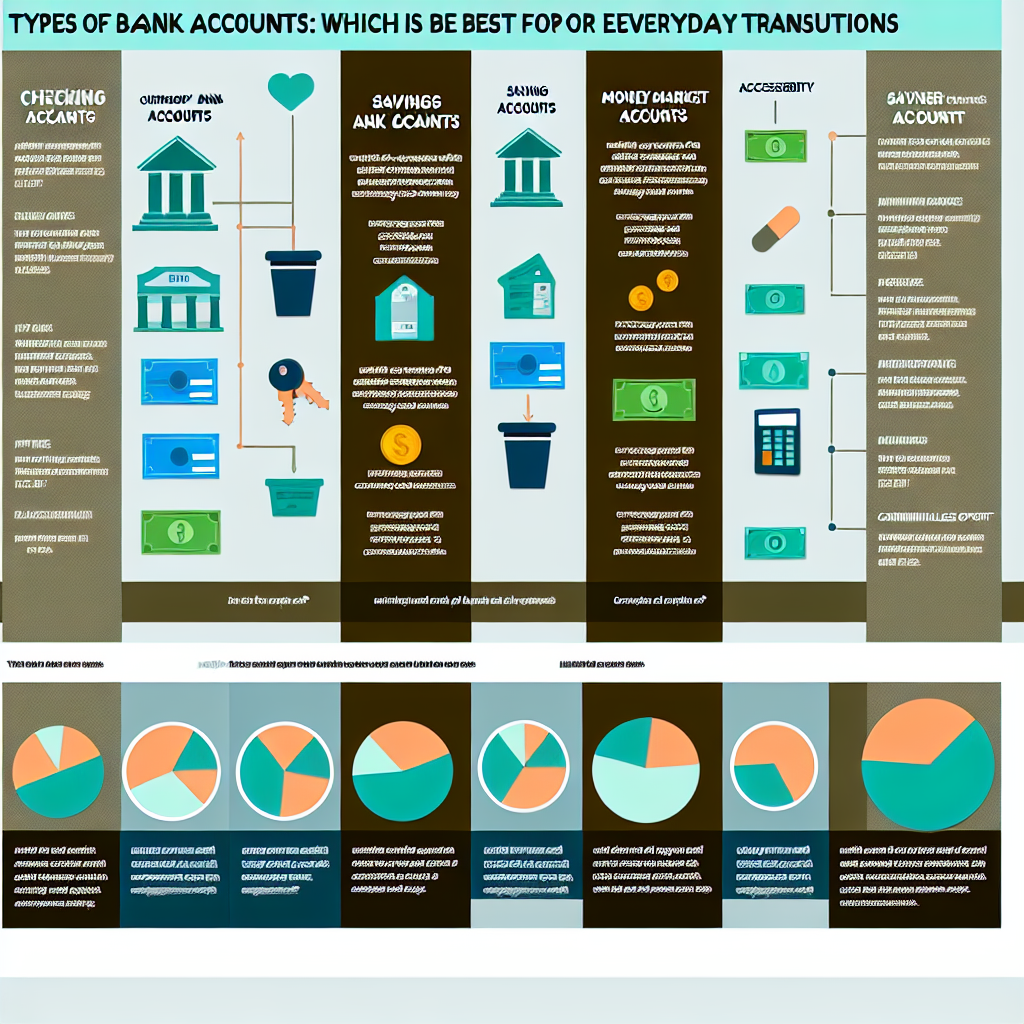Checking Accounts
Checking accounts are one of the most common types of bank accounts used for everyday transactions. These accounts are designed for frequent withdrawals and deposits, making them ideal for managing your day-to-day finances. When you open a checking account, you typically receive a debit card and checks that you can use to make purchases, pay bills, and withdraw cash from ATMs.
One of the key features of a checking account is that there is no limit to the number of transactions you can make in a month. This makes it convenient for paying bills, shopping, or transferring money to family and friends. Additionally, many checking accounts offer online and mobile banking services, making it easy to manage your account 24/7.
Savings Accounts
Savings accounts are another option for everyday transactions, although they are more geared towards storing your money rather than frequent spending. While savings accounts typically offer lower interest rates than other types of accounts, they are a safe and secure way to park your money while earning some interest.
Unlike checking accounts, savings accounts are subject to federal regulations that limit the number of withdrawals or transfers you can make each month. This makes them less suitable for daily transactions but great for saving up for future expenses or emergencies. Some savings accounts also come with features like automatic transfers from your checking account to help you save more efficiently.
Money Market Accounts
Money market accounts are a hybrid of checking and savings accounts, offering the best of both worlds. These accounts typically require a higher minimum balance to open and maintain, but they also come with higher interest rates and more flexibility in terms of transactions.
With a money market account, you can write checks, use a debit card, and make electronic transfers like a checking account. At the same time, you can earn higher interest rates on your balance like a savings account. This makes money market accounts a popular choice for people who want to earn a competitive interest rate while still having easy access to their funds for everyday transactions.
Certificate of Deposit (CD)
If you’re looking to earn a higher interest rate on your savings and don’t need immediate access to your funds, a certificate of deposit (CD) may be a good option. CDs are time deposits that require you to lock in your money for a specific period, ranging from a few months to several years.
While you won’t be able to access your funds without facing a penalty before the CD matures, you can earn a higher interest rate than you would with a traditional savings account. This makes CDs a good choice for saving up for a long-term goal, like a down payment on a house or a dream vacation.
Choosing the best type of bank account for your everyday transactions ultimately depends on your financial goals and spending habits. Consider factors like interest rates, fees, convenience, and access to funds when deciding which account is right for you. By understanding the differences between checking accounts, savings accounts, money market accounts, and CDs, you can make an informed decision that aligns with your needs and preferences.
